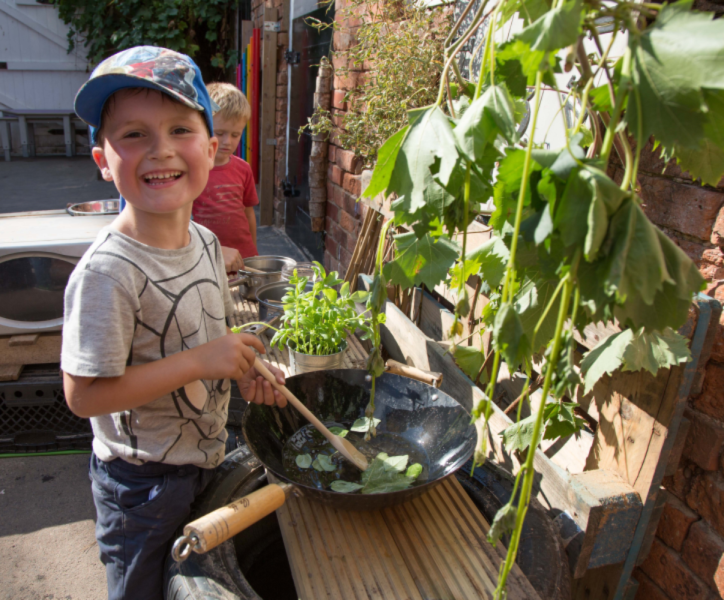
How to Support your Child’s Mental Health
Discussions surrounding mental health have significantly increased over the past few years and it is now more important than ever before. Encouragement to reach out for information regarding the serious topic is often shared on social media, however, this often tends to be directed towards teenagers and adults. Although a positive development in society, it is hard to know if much is achieved or helped just by doing this in isolation without supporting younger children too.
Young children are often left out of the equation in these efforts, maybe with the idea that mental health is too heavy a subject to discuss. If this topic was broached earlier on, it would be more likely that children would grow up knowing how to better process their emotions and tragic incidents could be avoided later on in life.
Children’s Mental Health Week
1st – 7th February 2021 is Children’s Mental Health Week. This is run by charity Place2Be with the aim of raising awareness of the importance of mental health in children and young people. ‘Express Yourself’ is the theme of the week and hopes to encourage young children to express how they are feeling and be open with their emotions.
Over the past year, everyone has gone through so much change and children in particular have had to adapt to a confusing new normal. As it can be difficult to sit down and have these serious conversations with young children, creative & imaginative activities such as crafts or music can be utilised as a way to get this important message through to your child. Engaging in activities that are fun but also supportive will help them work through a negative situation and maintain positive mental health.
How to support your child’s mental health
As parents or carers, the care and happiness of your child will always be a top priority. Of course, everyone wants the best for their child, however, it can often be difficult to navigate this whilst also looking after your own wellbeing.
A primary way to look out for your child’s mental health is to be understanding and supportive. Lead by example and express when you are feeling a certain emotion in which your child may feel more confident in sharing their own. For example, you could say “Mummy’s feeling happy today” or “I’m a little tired and stressed today, how are you feeling?”. Make talking openly about feelings a norm within your home and incorporate this into your daily life. With very young children it’s a good idea to name their emotions and how they are feeling too to help them to understand for example; “you’re rubbing your eyes and yawning; I think you must be sleepy” or “are you angry that Jamelli took that teddy away?”
Obviously young children are prone to tears as they explore their emotions and try to make sense of them which can be confusing and frustrating for them, and for us too, but distinguishing the difference between this and something more is crucial. If you notice a change in their behaviour, make them aware that they can always talk to someone if they are worried about anything. Even if it isn’t you directly, a teacher, another family member or someone in a position of trust is advised. If your concern continues to grow, consult your GP or an educational professional.
Another great way to support your child’s mental health is by finding creative ways to express feelings through art, drama, music and more. This is the whole purpose of the theme of this year’s Children’s Mental Health Week and there are plenty of activities you can get involved in at home.
Express Yourself activities
- Baking/Cooking – An activity you can do together that requires focus and following of instructions. Creates a calm environment working as a positive distraction or an open space to have a conversation about what they’re feeling.
- Sports/Exercise – Exercise and fresh air is known to release endorphins and improve mood. Going on a walk, kicking a football around outside or going on a nature walk with your child is a great activity to maintain positive mental health.
- Painting/Drawing – Young children often draw what they see or how they are feeling so this could be a great way to understand what’s going on inside your child’s mind without directly asking them. It is also a nice, calm activity that can be done together as a pair or as a family.
- Arts and Crafts – Activities specific to expressing or facing emotions may be better if something more serious is going on. For example, handmade worry pets can aid children with anxiety. A worry box or painting stones encourage your child to physically write down what they are feeling. Alternatively, crafts involving making faces reflecting how you’re feeling is an easier task for younger children to process.
There is plenty you can be doing daily to encourage positive mental health in your child. Help and guidance for more urgent concerns can be found on the Place2Be website alongside more information about Children’s Mental Health Week.
